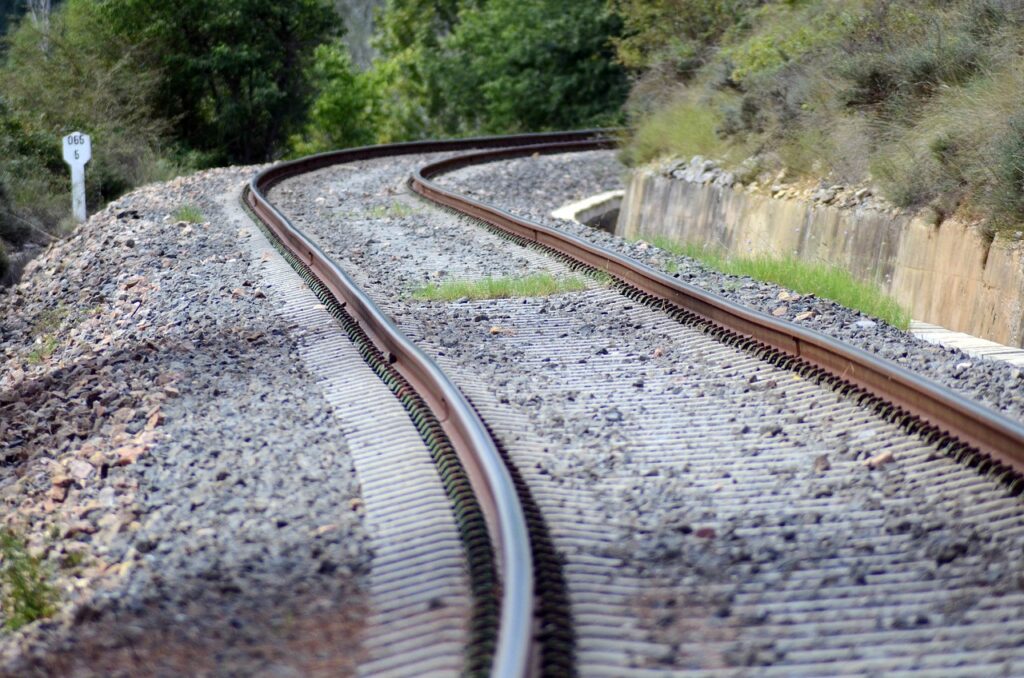Société Nationale des Chemins de fer Français (SNCF) has placed an order for 12 hydrogen-powered TER (regional express trains), marking a significant stride towards greener mobility in France.
Scheduled to commence operations by the end of 2025, these trains will undergo testing across four French regions, including Auvergne-Rhône-Alpes, Bourgogne-Franche-Comté, Grand Est, and Occitanie.
Meanwhile, on the other side of the globe, Japan is also embracing this eco-responsible alternative, with JR East conducting tests on a local fuel cell train in the Yokohama area. Collaborating with railway experts from Toyota and Hitachi, JR East aims to assess the feasibility and performance of hydrogen trains, particularly in regions lacking electrification infrastructure, where diesel remains a significant source of CO2 emissions.
Hydrogen trains operate on a principle akin to hydrogen-fueled vehicles, utilizing fuel cells installed beneath the train to generate autonomous electricity. This process involves the reaction of stored hydrogen with oxygen in the air, producing electricity for propulsion or storage in batteries, while emitting only water vapor, thereby eliminating CO2 emissions. Although hydrogen production currently involves CO2 emissions, the technology presents a substantially cleaner alternative to diesel engines, offering a promising pathway to sustainable rail transport.
The allure of hydrogen trains extends far beyond France and Japan, with similar initiatives emerging across Europe, America, and Asia. Alstom, a French company, has conducted studies on hydrogen trains in Canada, highlighting the global interest in this transformative technology. The advantages of hydrogen trains, including their environmental sustainability and suitability for non-electrified lines, position them as game-changers in the realm of rail transportation.
Hydrogen trains offer a multitude of benefits, ranging from environmental friendliness to cost-effectiveness. By obviating the need for costly infrastructure installations like catenaries, hydrogen trains present a viable solution for regions with non-electrified rail lines, paving the way for a new era of sustainable travel.





